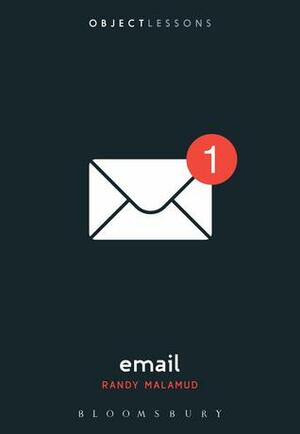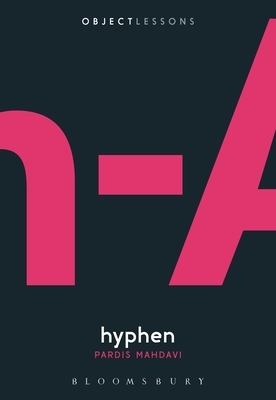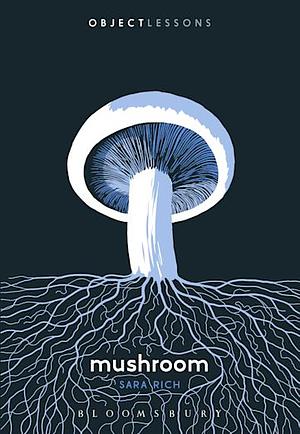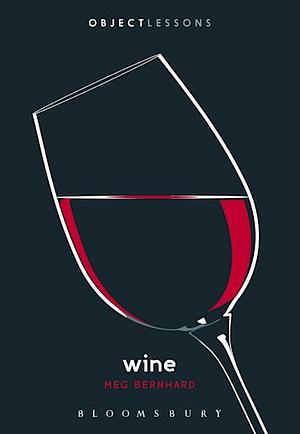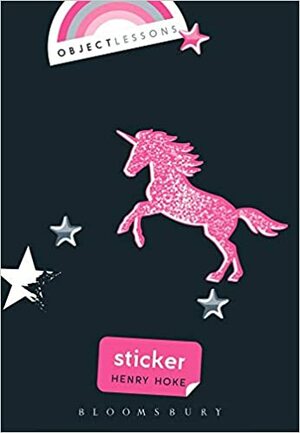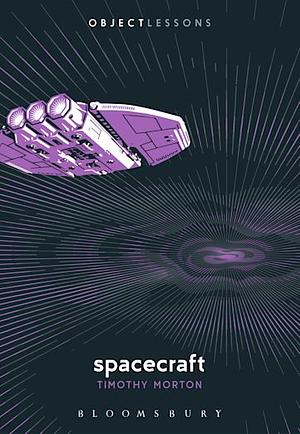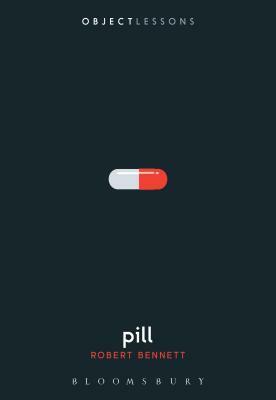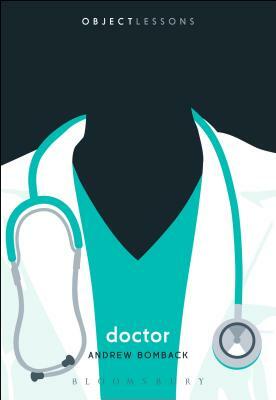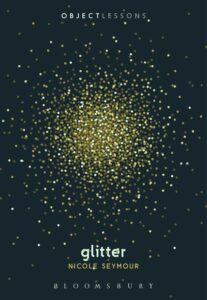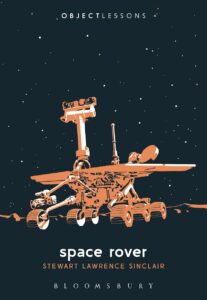
Space Rover
by Stewart Lawrence Sinclair
Genres: History, Non-fiction, SciencePages: 160
Series: Object Lessons
Rating:

Synopsis:Object Lessons is a series of short, beautifully designed books about the hidden lives of ordinary things.
In 1971, the first lunar rover arrived on the moon. The design became an icon of American ingenuity and the adventurous spirit many equated with the space race. The lunar roving vehicles (LRVs) would be the first and last manned rovers to date, but they provided a vision of humanity's space-faring future: astronauts roaming the moon like space cowboys.
Fifty years later, that vision feels like a nostalgic fantasy, but the LRV's legacy would pave the way for Mars rovers like Sojourner, Curiosity and Perseverance, who afforded humanity an intimate portrait of our most tantalizingly (potentially) colonizable neighbor. Other rovers have made accessible the world's deepest caves and most remote tundra, extending our exploratory range without risking lives. Still others have been utilized for search and rescue missions or in clean up operations after disasters such as Chernobyl.
For all these achievements, rovers embody not just our potential, but our limits. Examining rovers as they wander our terrestrial and celestial boundaries, we might better comprehend our place, and fate, in this universe.
The Object Lessons series hasn’t always lived up to my hopes, with books that seem more like autobiographies than examinations of a type of object. Stewart Lawrence Sinclair’s Space Rover blends the two: there are definitely highly personal chapters, talking about the people who influenced him, and surprising connections to the space program and the space rovers, but he does also discuss the process of creating the rovers, the pitfalls, and the work they’ve done.
He also tries to ask — though not really at very much depth — why we create these rovers, what they do for us, and what they mean to us. I think the answers are complicated and he just touches on a few, rather than being exhaustive. In a way, he only briefly touches on how personally involved we get with the rovers, except that the book itself as a whole is a symptom of that fascination.
Personally, I think that one reason we identify so much with the rovers is that they can be our eyes and hands in a place we could not survive. It’s easy to identify with being the eye behind the camera: more than an astronaut can (having a personality, politics, opinions, needs), a rover can get out of its own way and personify all of us.
Rating: 4/5

